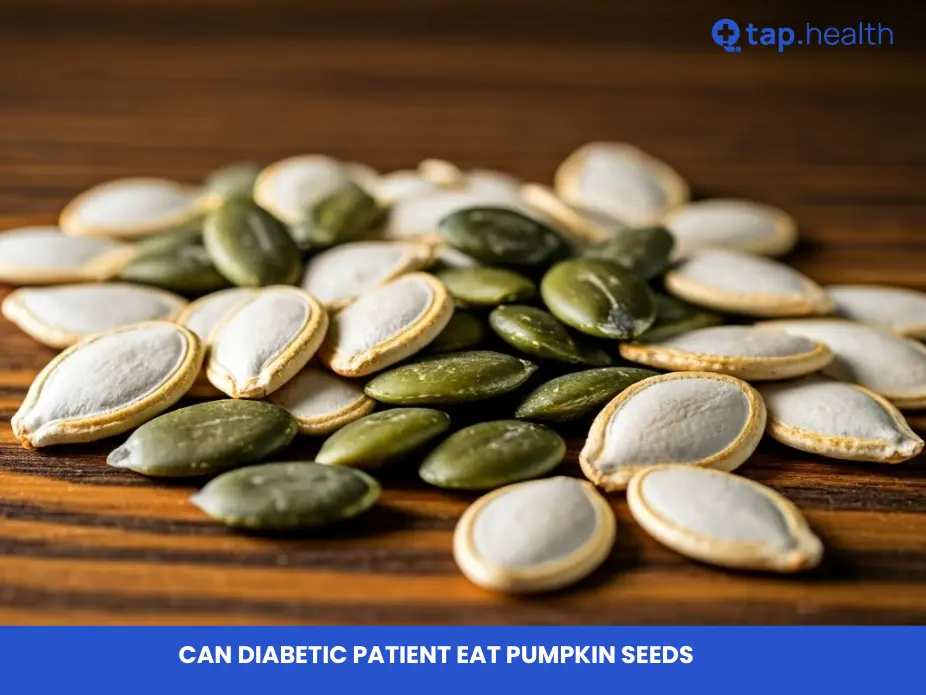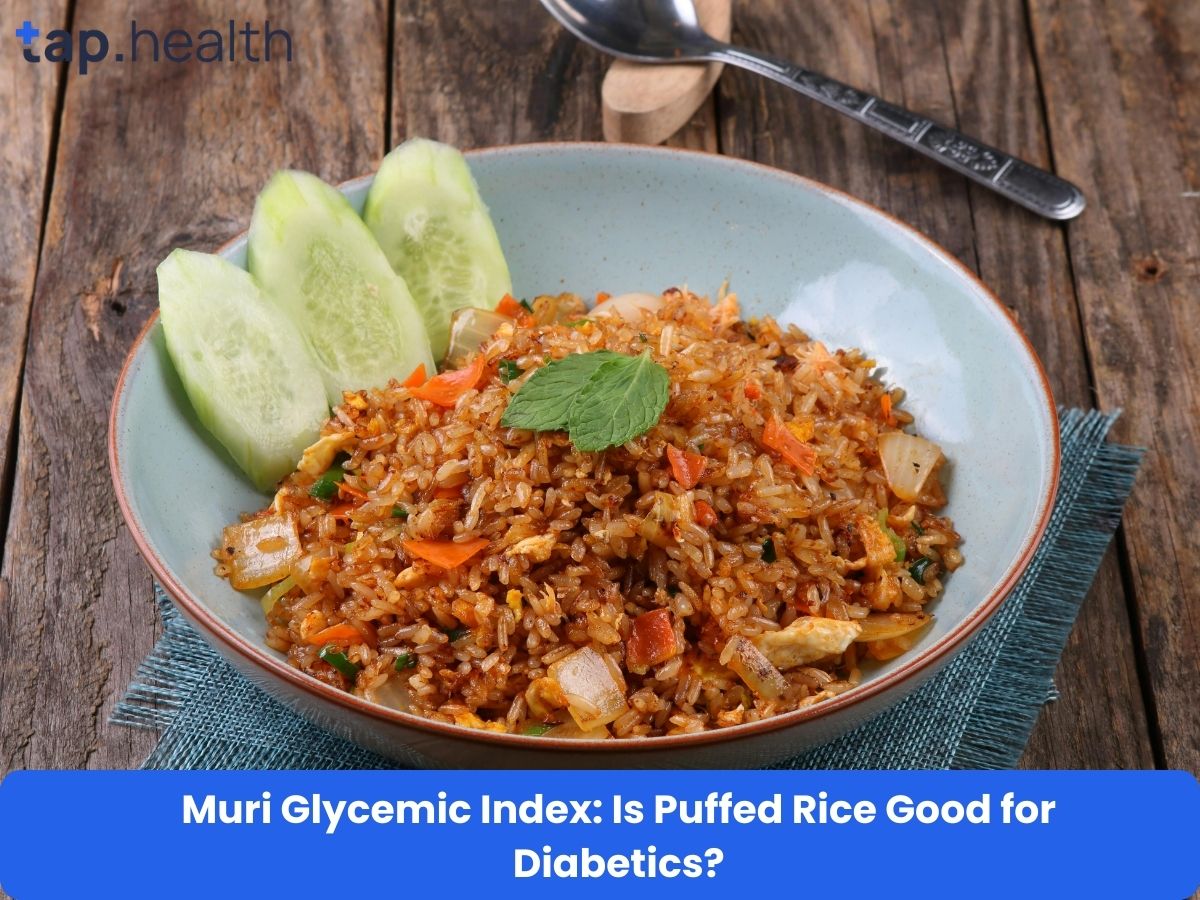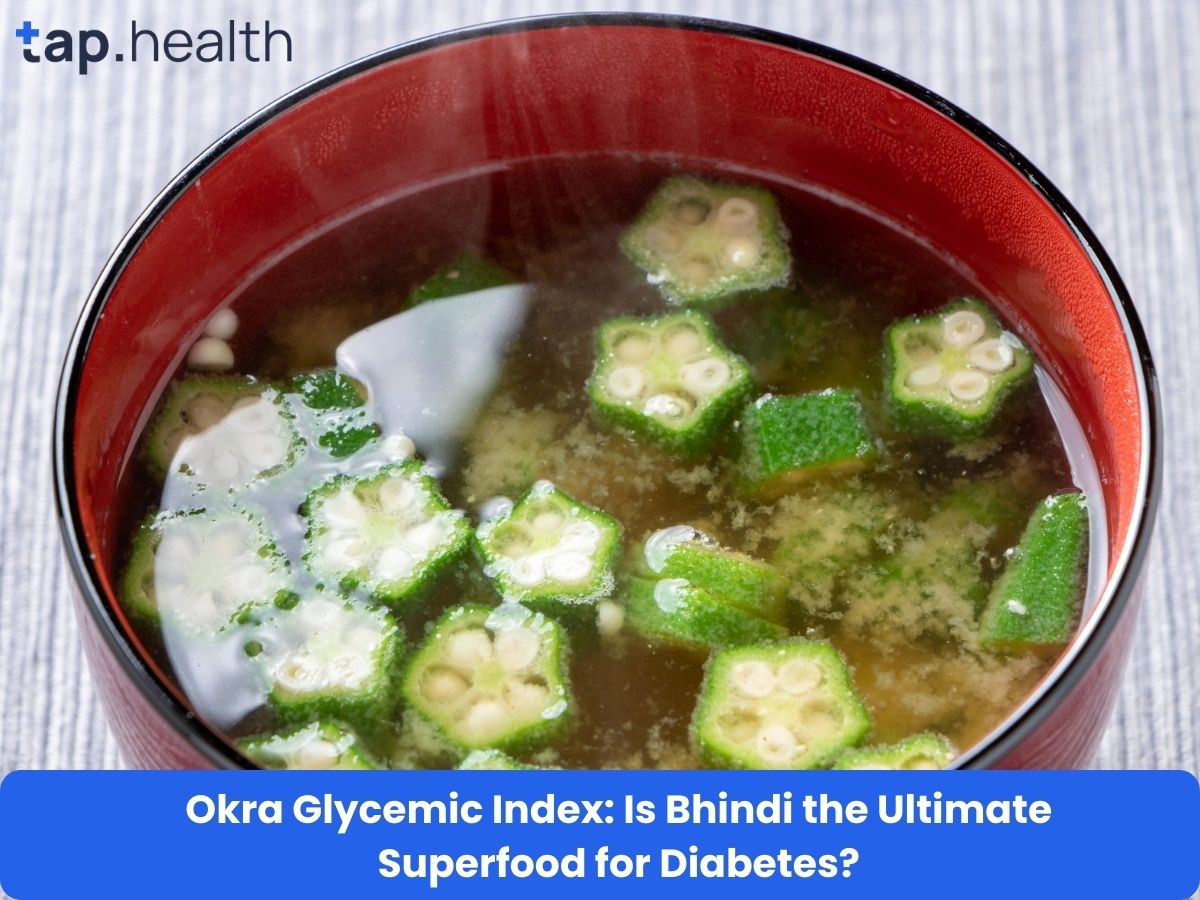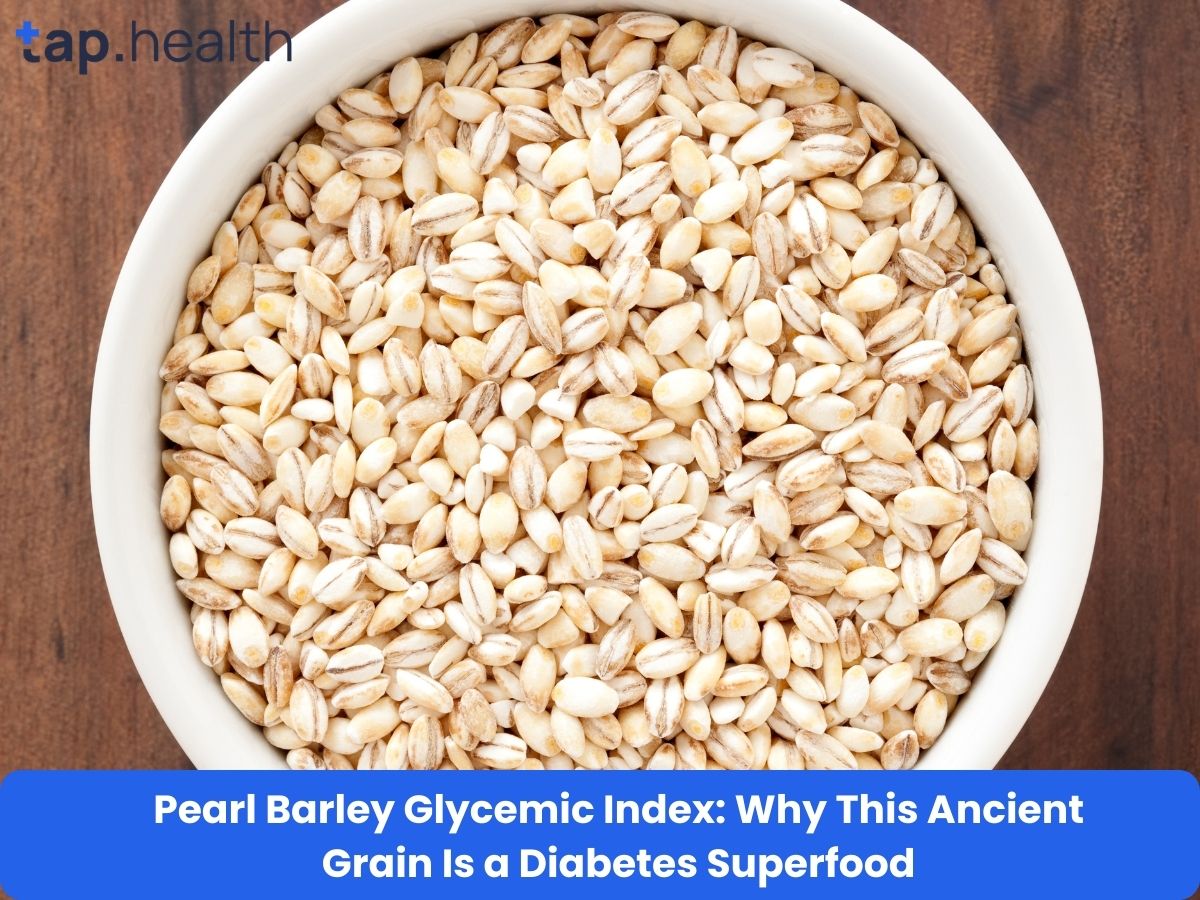Pumpkin seeds are a nutrient-packed snack gaining popularity for their health benefits, especially for people managing diabetes. But can diabetic patients safely include pumpkin seeds in their diet? This article explores the nutritional value of pumpkin seeds, their impact on blood sugar, health benefits, potential drawbacks, and tips for safe consumption. By understanding their role in a diabetic diet, you can make informed choices to support your health.
Are Pumpkin Seeds Safe for Diabetics?
Q: Can diabetic patients eat pumpkin seeds safely?
A: Yes, pumpkin seeds are generally safe for people with diabetes when consumed in moderation. Their high fiber, healthy fats, and magnesium content can support blood sugar control and overall health.
Pumpkin seeds are a nutrient-dense snack that can be a healthy addition to a diabetic diet. Their low glycemic index and beneficial nutrients make them a smart choice for managing blood sugar levels. However, portion control is key due to their calorie density.
Nutritional Benefits of Pumpkin Seeds for Diabetics
Q: What nutrients in pumpkin seeds benefit diabetic patients?
A: Pumpkin seeds are rich in magnesium, zinc, fiber, and healthy fats, which support blood sugar regulation, heart health, and immune function.
Pumpkin seeds are a powerhouse of essential nutrients that offer multiple health benefits for people with diabetes:
- Magnesium: Improves insulin sensitivity, helping regulate blood sugar levels effectively.
- Zinc: Supports immune function and aids in wound healing, which is crucial for diabetics.
- Fiber: Promotes digestive health, slows sugar absorption, and helps maintain steady blood sugar levels.
- Healthy Fats: Unsaturated fats support heart health, reducing the risk of cardiovascular issues common in diabetics.
- Antioxidants: Vitamin E and phenolic acids reduce oxidative stress and inflammation, which can prevent diabetes-related complications.
Incorporating pumpkin seeds into a balanced diet can provide these nutrients while supporting overall wellness.
How Do Pumpkin Seeds Affect Blood Sugar Levels?
Q: Do pumpkin seeds help control blood sugar?
A: Yes, pumpkin seeds can help stabilize blood sugar due to their high fiber and magnesium content, which slow sugar absorption and improve insulin response.
The fiber in pumpkin seeds slows the digestion and absorption of carbohydrates, preventing rapid blood sugar spikes after meals. Magnesium enhances insulin sensitivity, allowing cells to use glucose more efficiently. These properties make pumpkin seeds a valuable snack for maintaining stable blood sugar levels, a critical aspect of diabetes management.
How Much Pumpkin Seeds Should Diabetics Eat Daily?
Q: What is the recommended serving size of pumpkin seeds for diabetics?
A: A serving of about 1 ounce (28 grams), or a small handful, daily is ideal for most diabetics, but consult a healthcare provider for personalized advice.
Pumpkin seeds are calorie-dense, so moderation is essential to avoid excess calorie intake, which could lead to weight gain. A 1-ounce serving provides a good balance of nutrients without overloading calories. Sprinkle them on salads, yogurt, or oatmeal, or enjoy them as a standalone snack to incorporate them into your diet effectively.
Health Benefits of Pumpkin Seeds for Diabetic Patients
Q: What are the key health benefits of pumpkin seeds for diabetics?
A: Pumpkin seeds offer benefits like improved blood sugar control, heart health, weight management, and reduced inflammation.
Here are the top health benefits of pumpkin seeds for people with diabetes:
- Blood Sugar Regulation: Fiber and magnesium help stabilize blood sugar and reduce post-meal spikes.
- Heart Health: Healthy fats and magnesium lower cholesterol and support cardiovascular health, reducing heart disease risk.
- Weight Management: High fiber and protein content promote satiety, aiding in weight control, which is vital for diabetes management.
- Antioxidant Support: Vitamin E and other antioxidants reduce inflammation and oxidative stress, lowering the risk of complications.
- Improved Sleep: Tryptophan in pumpkin seeds may enhance sleep quality, which is essential for effective diabetes management.
- Immune Support: Zinc strengthens the immune system, helping prevent infections that can be more severe in diabetics.
These benefits make pumpkin seeds a versatile and nutritious option for a diabetic diet.
Potential Disadvantages of Eating Pumpkin Seeds
Q: Are there any risks to eating pumpkin seeds for diabetics?
A: While beneficial, pumpkin seeds are calorie-dense, high in fat, and may cause issues like allergies or digestive discomfort if overconsumed.
Despite their benefits, pumpkin seeds have some potential drawbacks:
- High Calorie Content: Overeating can lead to weight gain, which may complicate diabetes management.
- High Fat Content: Though mostly healthy fats, excessive consumption can increase calorie intake.
- Allergies or Digestive Issues: Some people may experience bloating, gas, or allergic reactions.
- Oxalates: High oxalate content may contribute to kidney stone formation in susceptible individuals.
- Sodium in Processed Seeds: Salted or flavored pumpkin seeds may increase sodium intake, potentially raising blood pressure.
- Medication Interactions: Their blood-thinning properties may interact with certain medications, so consult a doctor if you’re on blood thinners.
Choosing raw or dry-roasted, unsalted pumpkin seeds and sticking to recommended portions can minimize these risks.
How to Incorporate Pumpkin Seeds into a Diabetic Diet
Q: How can diabetics add pumpkin seeds to their meals?
A: Diabetics can sprinkle pumpkin seeds on salads, yogurt, or oatmeal, blend them into smoothies, or use them in baking for a nutritious boost.
Here are practical ways to enjoy pumpkin seeds:
- As a Snack: Eat a small handful (1 ounce) as a quick, nutrient-rich snack.
- In Meals: Add to salads, soups, or stir-fries for crunch and nutrition.
- In Breakfast: Mix into oatmeal, yogurt, or smoothie bowls for added texture.
- In Baking: Incorporate into muffins or bread for a healthy twist.
Always choose unsweetened, unsalted varieties to avoid added sugars or sodium that could affect blood sugar or blood pressure.
Can Diabetics Eat Pumpkin Soup?
Q: Is pumpkin soup safe for diabetics?
A: Yes, pumpkin soup can be safe for diabetics if prepared without added sugars or high-fat ingredients and consumed in moderation.
Pumpkin soup is a low-glycemic, nutrient-rich option that can fit into a diabetic diet. To make it diabetes-friendly:
- Avoid Sugars: Skip sweeteners like sugar or syrup in recipes.
- Use Low-Fat Ingredients: Opt for low-fat milk or plant-based alternatives instead of heavy cream.
- Control Portions: Monitor portion sizes, especially if the soup includes starchy ingredients like potatoes.
- Choose Homemade: Homemade soups allow better control over ingredients compared to store-bought versions, which may contain added sugars or preservatives.
Always check blood sugar levels after eating to ensure the soup doesn’t cause unexpected spikes.
Alternatives to Pumpkin Seeds for Diabetics
Q: What are healthy alternatives to pumpkin seeds for diabetics?
A: Chia seeds, almonds, and walnuts are excellent alternatives, offering similar nutrients like fiber, healthy fats, and magnesium.
If you’re looking to diversify your snacks, consider these options:
- Chia Seeds: High in fiber and omega-3s, they support heart health and blood sugar control.
- Almonds: Packed with healthy fats, protein, and magnesium, they’re great for satiety and blood sugar management.
- Walnuts: Rich in omega-3s and antioxidants, they promote heart health and reduce inflammation.
Incorporating a variety of nuts and seeds ensures a broad range of nutrients while keeping your diet interesting.
When Should Diabetics Consult a Doctor?
Q: When should diabetics seek medical advice about eating pumpkin seeds?
A: Consult a doctor if you experience unusual symptoms like blood sugar spikes or digestive issues after eating pumpkin seeds.
If you’re new to adding pumpkin seeds to your diet or notice changes in blood sugar, digestive discomfort, or other symptoms, speak with a healthcare provider. They can offer personalized guidance, especially if you’re on medications like blood thinners or have a history of kidney stones. A dietitian can also help tailor your diet to include pumpkin seeds while aligning with your health goals.
Key Considerations for Diabetic Patients
Q: What precautions should diabetics take when eating pumpkin seeds?
A: Monitor portion sizes, choose unsalted seeds, and check blood sugar levels to ensure pumpkin seeds fit into your diet safely.
To enjoy pumpkin seeds safely:
- Practice Moderation: Stick to 1-2 ounces daily to avoid excess calories.
- Avoid Added Ingredients: Choose raw or dry-roasted seeds without added sugars or salt.
- Monitor Blood Sugar: Regularly check how your body responds to pumpkin seeds.
- Consult Professionals: Work with a doctor or dietitian to integrate pumpkin seeds into your meal plan effectively.
By following these tips, you can maximize the benefits of pumpkin seeds while minimizing potential risks.
Conclusion
Pumpkin seeds are a nutritious, diabetes-friendly snack when consumed in moderation. Their rich content of magnesium, fiber, and healthy fats supports blood sugar control, heart health, and overall wellness. However, portion control and choosing unsweetened, unsalted varieties are crucial to avoid potential drawbacks like weight gain or sodium overload. By incorporating pumpkin seeds thoughtfully into your diet and consulting healthcare professionals as needed, you can enjoy their benefits while managing diabetes effectively.



